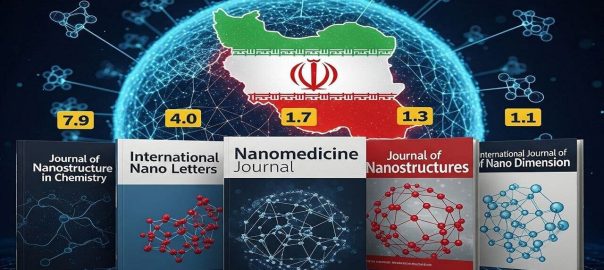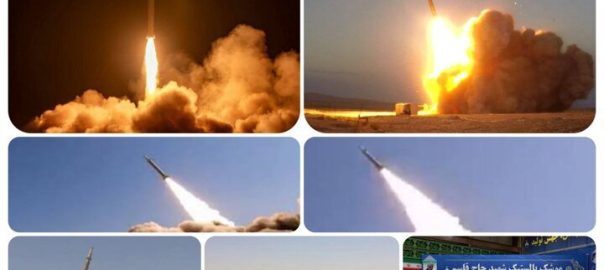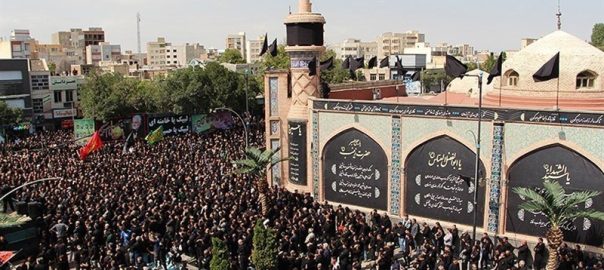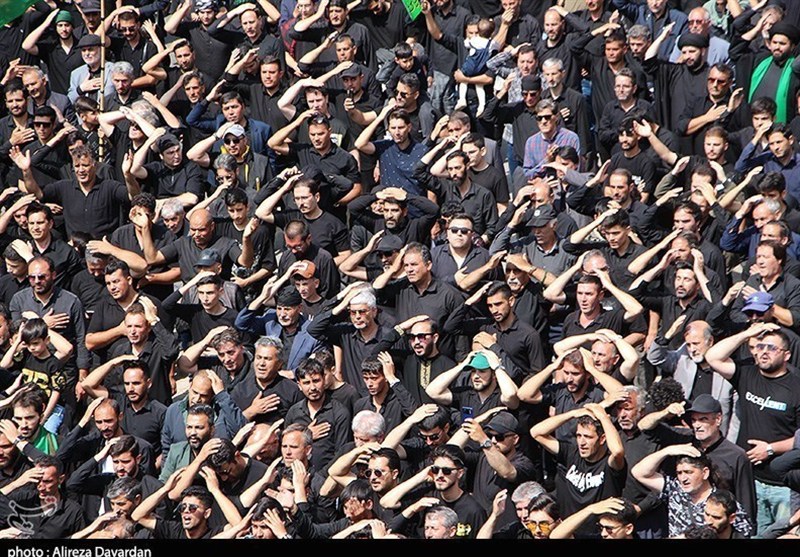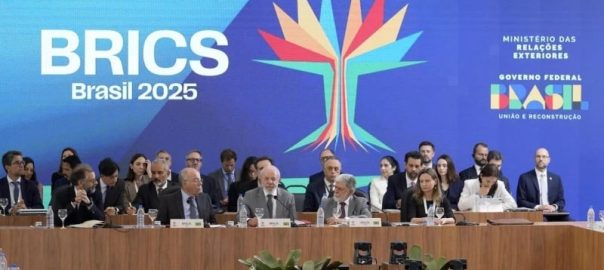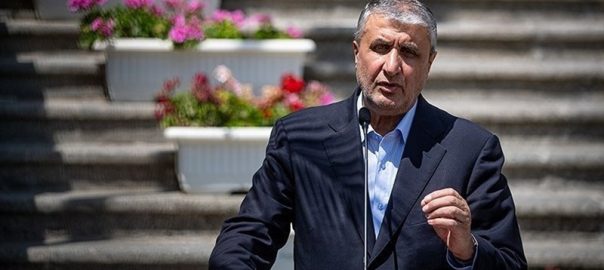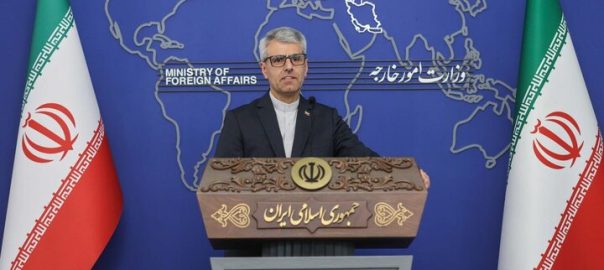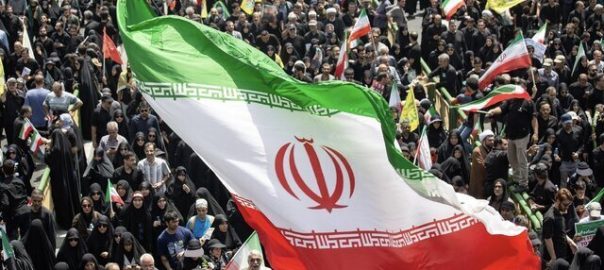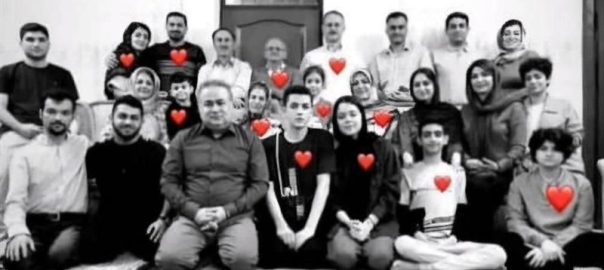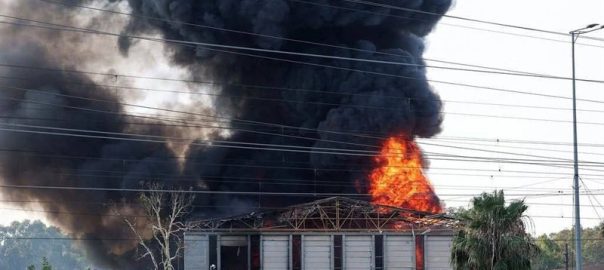The Journal Citation Report (JCR) Impact Factor 2024 has cited 161 Iranian journals, naming five among the world’s most cited in the nanotechnology sector.
Journal of Nanostructure in Chemistry (JNSC) affiliated to Islamic Azad University with an impact factor of 7.9 is placed among the top 25 percent of journals in JCR published by Clarivate Analytics in three categories including Nanoscience and Nanotechnology, ranking 34 among 147 top journals; Chemistry, Multidisciplinary, ranking 41 among 239 journals; and Material Science, Multidisciplinary, ranking 88 among 460 top journals.
Journals of International Nano Letters affiliated to Kermanshah Islamic Azad University, Nano-medicine Journal affiliated to Mashhad medical Scinece University, Journal of Nanostructures affiliated to Kashan University, and International Journal of Nano Dimension affiliated to Tonekabon Islamic Azad University received an impact factor of 4.0, 1.7, 1.3, and 1.1, respectively, IRNA reported.
So far, ten out of the 12 specialized nanotechnology journals in the country have been indexed in the international Scopus database, of which five have received an impact factor.
The JCR 2024 included data from over 21,000 journals from 113 countries across 254 research categories.
JCR is most commonly a database that provides impact factors and rankings for scholarly journals in science, technology, and social sciences, based on citation data. JCR is a widely used resource for evaluating and comparing journals within the research community.
The most well-known metric provided by JCR is the Journal Impact Factor (JIF). The JIF is a measure of how frequently, on average, articles published in a particular journal are cited in a specific year.
JCR data is drawn from the Web of Science Core Collection, a comprehensive citation index.
Only journals that have met the rigorous quality standards for inclusion in the Web of Science Core Collection are featured within the Journal Citation Reports, which ensures users can confidently rely on the information and descriptive data provided.
The annual reports provide a rich array of publisher–neutral data, metrics, and analysis to enhance user understanding of journal performance, including the widely recognized JIF and the Journal Citation Indicator.
Iran, a leading country in nano-tech research
Iran’s achievements in nanotechnology are noteworthy. The country’s investment in nanotechnology research and development, as well as the increase in scientific publications and sales of nanotech products, proves Iran’s rise as a global leader in this field, producing and exporting products to different countries across the world.
Access to domestic resources, competitive prices compared to Western countries, and high production of raw nano-materials, nano-catalysts, and advanced equipment, as well as geographical proximity to target markets in neighboring countries, reduced transportation costs, political and trade relations have made Iran a major manufacturer of nanotechnology products in the region and even some global markets.
Iran’s nanotechnology products in various industries are classified into 13 main categories including Civil engineering and construction; Optics, electronics, and photonics; Petroleum and petrochemicals; Pharmaceuticals, health, and well-being; home appliances; Power and energy; Raw materials; Chemicals; Textiles and clothing; Equipment; Automotive industry and transportation; Industrial machinery; Agriculture, animal husbandry, and Water, according to data published by the vice Presidency for Science and Technology. /T.T/

